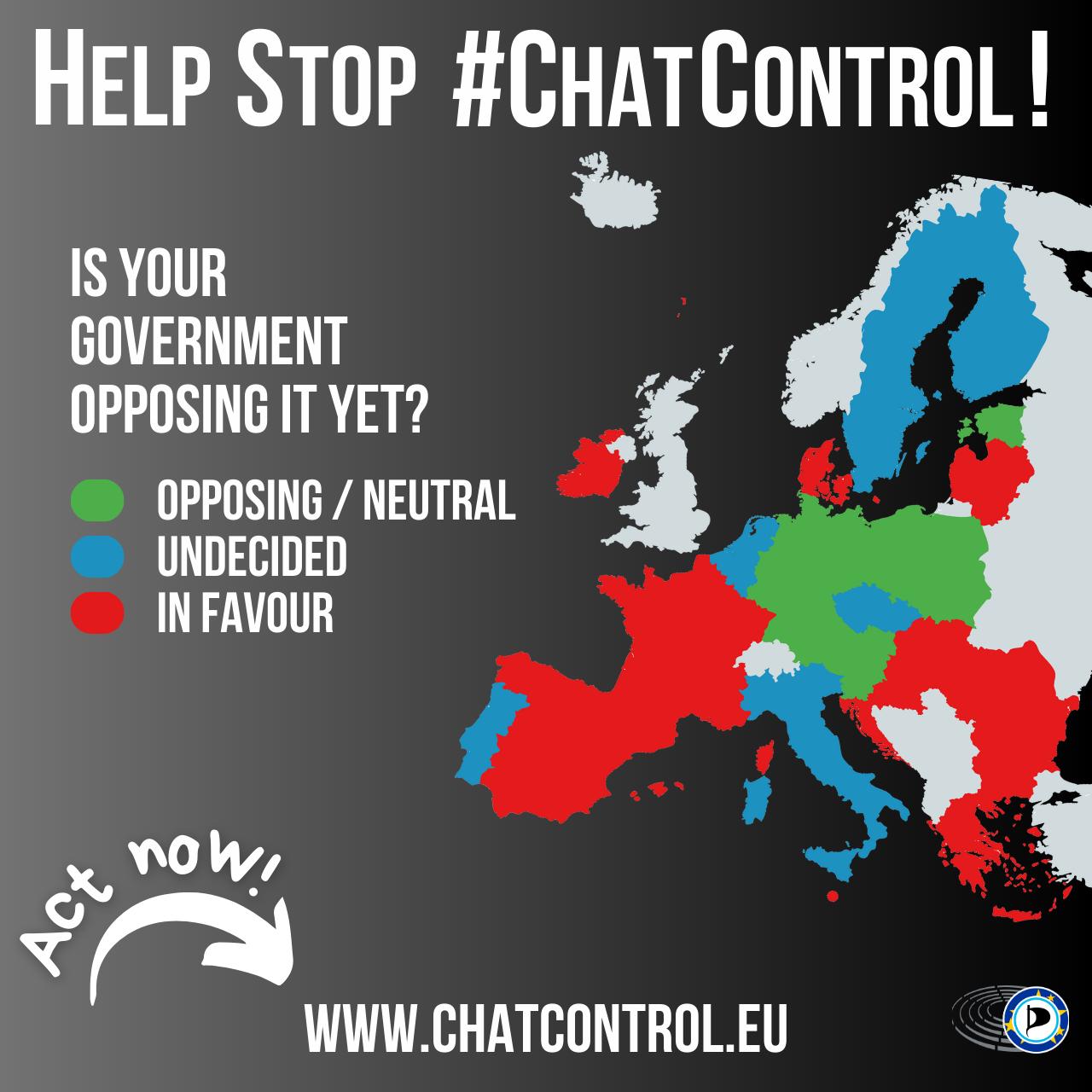ePrivacy regulation: Trilogue negotiations start today
The negotiations on the EU‘s ePrivacy regulation on data protection in telecommunications and on the Internet are entering the next round after years of deadlock. After the EU governments agreed in February on a common position, the trilogue negotiations between representatives of the Parliament, the Commission and the Council start this afternoon in Brussels.
Because of the very high sensitivity of personal communications, movements and online activity records, the ePrivacy directive of 2002 protects privacy better than the General Data Protection Regulation. The ePrivacy regulation now under negotiation is to replace this 2002 directive.
The EU governments are demanding a massive lowering of the existing level of data protection through, among other things, mandatory and voluntary data retention, data exploitation and the tracking of online activities for commercial purposes.
The European Parliament, on the other hand, wants to improve the Commission’s reform proposal: Telecommunications should have to be encrypted to protect against mass surveillance by intelligence agencies. Annual statistics about surveillance measures are to be published. Internet sites should no longer have the right to require consent for tracking and behavioral advertising. A legally binding default setting in smartphones or browsers should put an end to obstrusive cookie requests. Offline tracking based on smartphone signals, for example in city centres, shopping malls or airports, should only be permitted with user consent.
The negotiations are under strong lobbying pressure from industry. The German Federal Data Protection Commissioner, the German Consumer Advice Centre and civil rights organisations, among others, are fighting for strong data protection. In opinion polls, large majorities of citizens demand better protection of their data online. Yet the issue has largely disappeared from the headlines.
MEP Patrick Breyer (Pirate Party), shadow rapporteur for the Greens/European Free Alliance group, comments:
“Mass surveillance, the Cambridge Analytica scandal and possible wrongful convictions due to false communications data in Denmark show how urgent it is to better protect information on our phone and Internet use. However, EU governments, under massive lobbying pressure, are trying to legalize mandatory and voluntary data retention, exploitation of data and pervasive tracking of our online activities. This attack on our digital self-determination is not acceptable! There must be no watering down of the current level of communications data protection. If this can‘t be avoided we may have to bury this reform altogether. But at the moment, we need to do convincing and step up the pressure for truly protecting our digital privacy.”


Comments